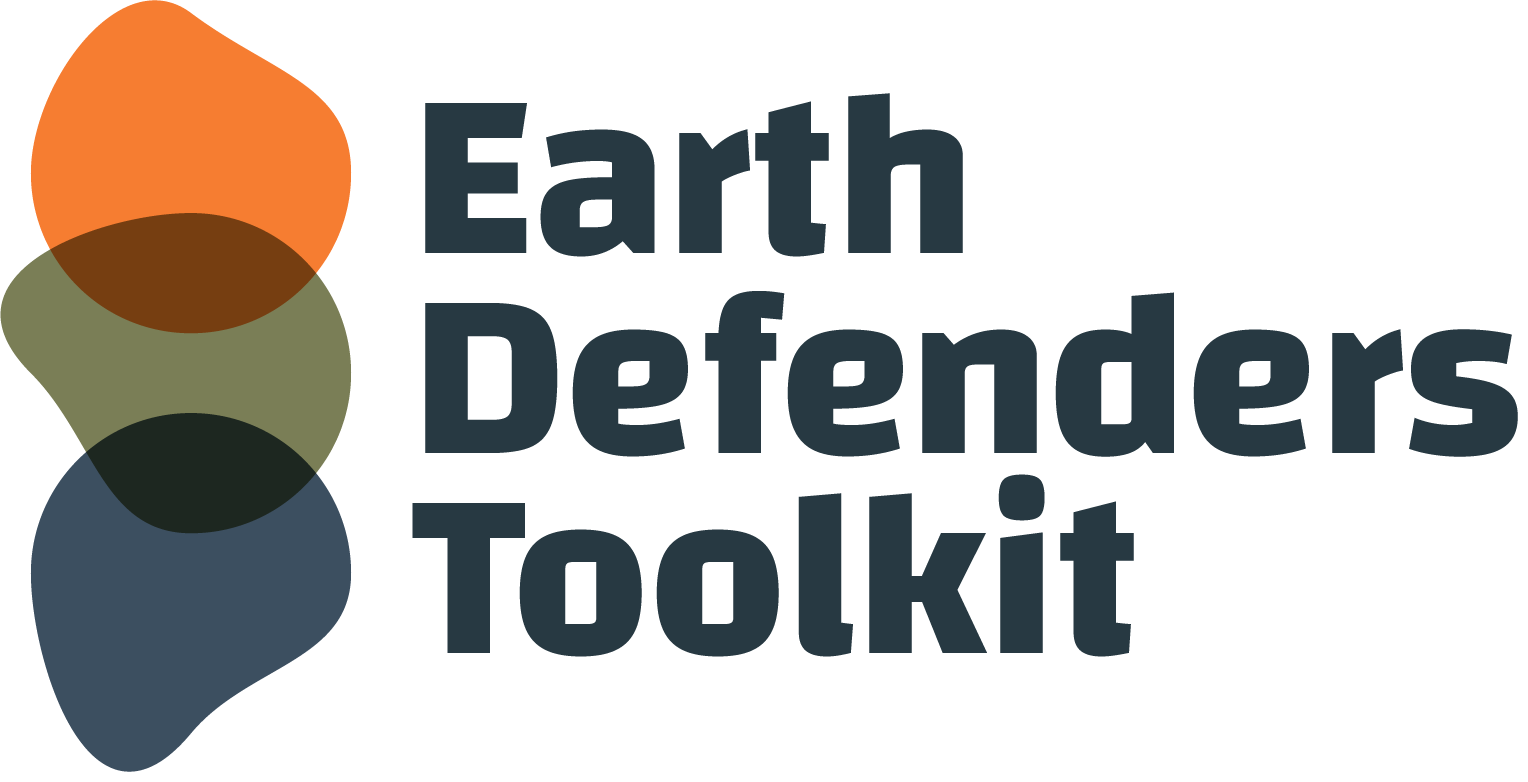The indigenous Alur communities of Lake M’vouta-N’zighé are using mapping as a tool to understand the ecological shifts occurring on their homeland, in their struggle for survival of their livelihood.
Beatrice, speaking for the Alur fisherwomen, reveals what is happening in the village of Dei, bordering Uganda and the Democratic Republic of Congo.
